🙊 3 Vocal Tricks that made my patient counselling actually work.
Patients used to always forget what I told them. They used to show up for follow-ups with mixed-up medication schedules, butchered diagnoses and a garbled care plan. I thought I must’ve been doing something wrong.
So I go through old school notes on patient counselling:
- Easy-to-understand words? ✅
- Eye contact? ✅
- Open body language? ✅
Clearly, this wasn’t enough. So what the hell was going on?
I do some digging. And find this guy’s podcast: Vinh Giang. He talks about how your voice is not just a tool, but a ~ beautiful instrument ~. At first, I’m confused. Like listen, man, I just need to share information. What do you mean, an instrument?
But then he goes through these tenets of vocal techniques. He shows me how he varies his voice to make his message not just engaging and fun to listen to, but clear.
So I start using some of these in the clinic.
And patients start to understand better. Remember better. Show up to follow-ups with a clearer idea of what was going on.
So here are 3 vocal techniques to help your patients understand (and remember) better.
- Pausing
I started asking myself: what is the one thing I need you (the patient) to take away from this encounter? Before and after delivering this piece of information, I added a pause. Before, to make sure I had their attention, and to signal: what’s coming next is important. After, to give them a moment or two to process what I just said. Game changer.
- Pacing
I tend to talk really fast. This gets worse when I’m stressed (like when a family of 5 show up an hour late for their appointment).
I made a conscious effort to slow down. Especially when delivering those take home messages I mentioned above.
- Pitch
When I talk to friends, my voice is (usually) animated and all over the place. For patients, I thought a professional tone was more appropriate. The problem? I thought a professional tone meant monotone.
Except imagine trying to a book aloud to a kid in monotone. It’s boring. Patients feel the same. They disengage.
So I tried to inject a little more personality into my counselling. Vary my pitch. The result? Better engagement. Better understanding.
Found this helpful? Share it with a friend whose patient counselling sounds like monotone rap.
See you next week.


Member discussion